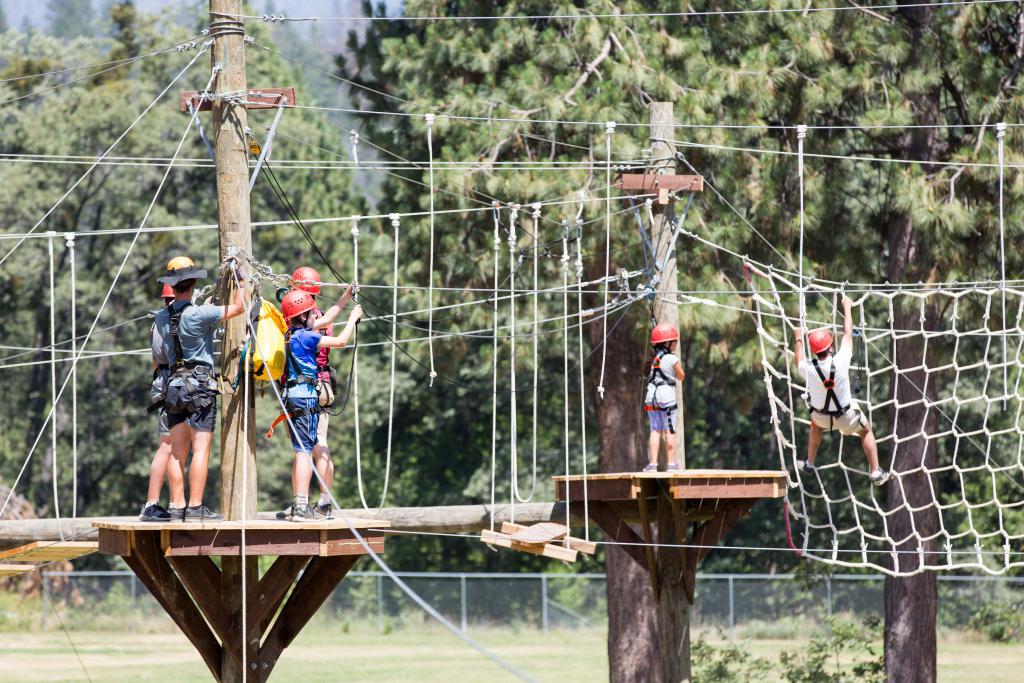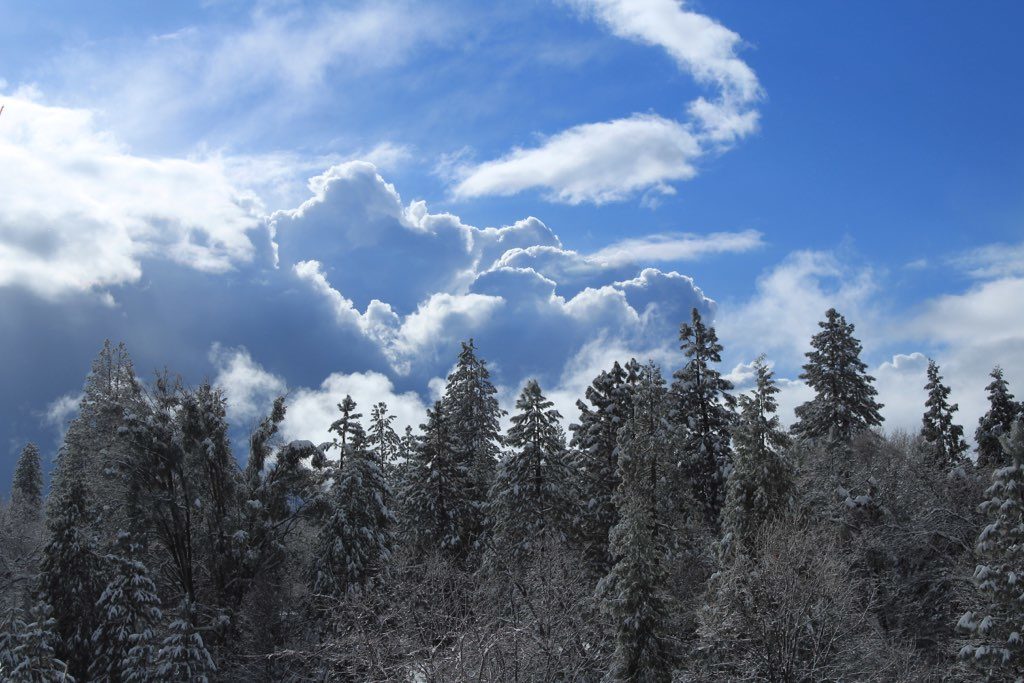Recently, I have been listening to old talks given by theologian and author Dallas Willard. Some of them date back to the 80’s and 90’s, and despite the poor quality of the recordings, they don’t disappoint in the richness of the content.
Yesterday, I listened to a message titled, “The Role of Faith in Prayer,” given at Azusa Pacific University.* Dallas contrasted “living prayer”- vital, active and confident – to that of “dead prayer” – prayer that is isolated from the rest of our life in which we’re just “grinding it out.”
He made a statement that caused me to pause the podcast and re-listen several times:
“In living prayer, we are being invited – no, jerked – into a new order. You can’t have the kind of faith that makes living prayer and have life as usual. If you want a normal life – with prayer as a spigot, and when you need it, you turn it on – you will never have living prayer. If you want living prayer, you have to understand you are signing on to live in another world. Faith is the vision of that other world.”
This gave me reason to pause and reflect.
The craziness of 2020 has caused many of us to yearn for “life as usual.” But honestly, was life as usual ever part of God’s plan for us? In choosing to follow Jesus, didn’t we sign on for unusual, for disturbance of the status quo, for constant disruption, for a different reality? Should the painful disturbances caused by Covid-19, health issues, economic uncertainty, civil unrest, or wildfires really shake my faith or well-being? How might these times in which we live instead open up new opportunities to usher in the Kingdom of God?
I am not in any way implying that these disturbances are easy. Nor am I saying that we don’t experience profound sadness, a sense of loss, or deep grief when someone loses their life or their home or their job. We should experience a righteous anger at social injustice. It can be unsettling when schedules and rhythms and routines are all upended, and we have to adapt to something new. We do miss being in community with others and worshipping alongside them. But I do believe that the Kingdom of God transcends all these things and invites us – no, jerks us, as Dallas said – into another world.
What is our vision of that “other world”? In the midst of everything 2020 holds, can you and I can still move about in confident action to bring about the goodness God desires on earth as it is in heaven?
Can we lay down our rights and love our neighbor as ourselves?
Can we be a calm presence in an ever-increasingly anxious world?
Can we bring peace where there is war, unity where there is division, love where there is hate, and joy where there is sadness?
Can we teach our children that God is with us whether we are schooling in a building or at home?
Can we boldly proclaim that God will provide for us regardless of our current job situation because He has always cared for us in the past?
Can we trust that regardless of who holds political office, God is very much in control of the universe?
Can we do our part to redeem the creation that is groaning to be restored?
Can we hold onto a vision of this other reality so different than that of our culture?
Dallas defines prayer as “communication with God about what He and I are doing together.” This is a good reminder that if I am not doing much with God, there probably won’t be much to talk to Him about. I am often guilty of being way out ahead of God doing what I think needs to be done instead of waiting on Him and then us doing it together. And I’m not just talking about ministry; I am tempted to live in my own strength and wisdom in so many areas of life.
How easy is it to simply talk to God about what you and He are doing together?
And then he defines faith as “relying on something as if it were so and being prepared to act without thinking as if it were so.” In other words, faith in God brings into reality what otherwise would not be. Faith is a reality, a confidence, that leads us to interact with reality in such a way that a result will come. And when we pray and God answers, the biggest temptation is to explain it away as a coincidence.
Thank goodness my faith is not a qualification for God to act. Just the opposite, my imperfect faith throws me back on the reality of God, and He, in His goodness, lifts me up out of myself and invites me to step into something much bigger than myself.
Dallas closes by sharing the three things we believe if we have the faith of Jesus:1)
God is here. He is not somewhere else far away in another time and space. The Kingdom of God is here and now. 2) God is able. There is nothing too hard for Him, and He is the One who holds all things together (Col 1). 3) God is good. He is light, and in Him, there is no darkness at all (1 John 1). I can’t pray the prayer of faith if I don’t believe God is good.
And in living prayer, we experience the peace of God that we simply can’t understand or figure out on our own. We have no need for control. We are confident our needs will be met. I don’t know about you, but I yearn to live in that kind of peace all the time. I’m sure not there yet.
What would I be willing to do to have that kind of faith? What about you?
I am becoming more and more aware that 2020 is presenting us with a great opportunity to grow, even today, as we are still evacuated from camp praying the firefighters will safely contain the fire. I often say one of my greatest personal values is growth, and yet I often forget that growth rarely happens when times are easy. I hope you will join me in embracing 2020 and all of its heartbreaking challenges as a chance to grow in deep faith and living prayer.
Warmly,
Tiffany Staman
Executive Director
*You will not regret listening to Dallas Willard’s message for yourself.

